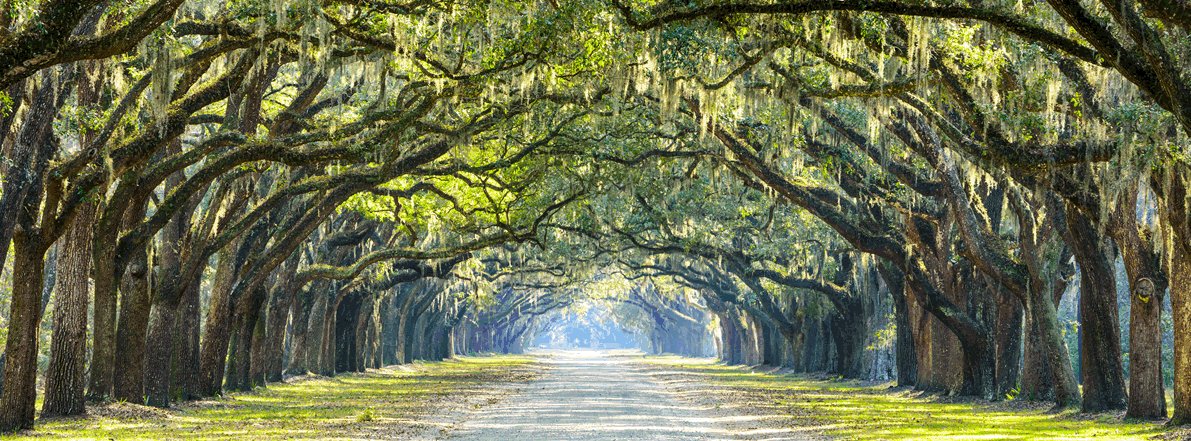
Urban Rewilding
Urban Rewilding in Developing Cities: The Multiplier Effects

Hari Srinivas Policy Analysis Series C-041
U rban rewilding in developing countries and cities offers a myriad of benefits that are worth considering for urban decision-makers. By embracing this concept, cities can transform their concrete landscapes into vibrant and biodiverse environments, fostering a harmonious coexistence between humans and nature.
Urban rewilding in developing cities offers opportunities to address environmental degradation, enhance biodiversity, and promote sustainable development in rapidly urbanizing regions. By integrating rewilding practices, developing cities can create greener, more livable urban spaces that prioritize ecological balance, community well-being, and resilience to future challenges. One of the primary advantages is the restoration of ecological balance. Rewilding initiatives can revive green spaces, reintroduce native plants and animals, and create interconnected habitats, thus revitalizing urban ecosystems. This, in turn, enhances biodiversity, improves air quality, and mitigates the impact of climate change, making cities more resilient and sustainable.
Rewilding projects can also provide economic benefits by attracting tourists, creating recreational spaces, and supporting local businesses. Urban dwellers also experience improved physical and mental well-being as they gain access to natural environments for relaxation, exercise, and social interactions. Ultimately, urban rewilding represents an opportunity to create greener, healthier, and more inclusive cities that thrive in harmony with nature.
Figure 1: Benefits of Urban RewildingSome of the key benefits of urban rewilding for developing cities include:
Urban rewilding can offer a sustainable and cost-effective approach to environmental conservation and restoration in developing countries and cities, while also providing a range of social and economic benefits to local communities.
- Restoring degraded lands:
In many developing countries, lands have been degraded through deforestation, overgrazing, and unsustainable agricultural practices. Rewilding can help restore these lands by planting native vegetation, increasing soil fertility, and promoting sustainable land use practices.- Enhancing ecosystem services:
Ecosystem services such as water filtration, carbon sequestration, and soil conservation are critical for human well-being, but are often degraded in urban and rural areas of developing countries. Rewilding can enhance these services by restoring natural habitats and promoting biodiversity.- Boosting local economies:
Rewilding can provide economic benefits to local communities in developing countries by promoting ecotourism, sustainable agriculture, and other forms of nature-based enterprises.- Reducing climate risks:
Developing countries are often at greater risk from the impacts of climate change, such as droughts, floods, and storms. Rewilding can help reduce these risks by promoting more resilient ecosystems and reducing greenhouse gas emissions through carbon sequestration.- Improving public health:
Developing countries often face health challenges related to poor air and water quality, as well as exposure to disease vectors such as mosquitoes. Rewilding can improve public health by restoring natural habitats, which can filter pollutants and provide habitat for natural predators of disease vectors.- Preserving cultural heritage:
Many developing countries have rich cultural and spiritual connections to their natural environments. Rewilding can help preserve these connections by restoring traditional land uses and promoting cultural tourism.
EXAMPLES:
Addis Ababa, Ethiopia:
The "Addis Ababa Riverside Project" focuses on reclaiming and rehabilitating degraded riverbanks within the city. The project involves planting trees, improving water quality, and creating recreational spaces along the riverside, benefiting both people and wildlife.Cape Town, South Africa:
The "Cape Flats Nature Reserve" is an urban rewilding project aimed at restoring biodiversity in an area heavily impacted by urbanization. The project involves reintroducing native vegetation, managing invasive species, and providing opportunities for nature-based tourism and education.Mumbai, India:
The "Mumbai's First Urban Rewilding Project" transformed a derelict and polluted industrial site into a thriving urban forest. The project involved planting native trees, creating wetlands, and reintroducing local bird species. It has improved air quality, provided recreational spaces, and enhanced biodiversity in the city.Medellú‹, Colombia:
Medellú‹ has implemented several urban rewilding projects, including the "Green Belt Project," which converted an old landfill into a large ecological park. The park now features forests, walking trails, and recreational areas, providing the city's residents with a valuable green space.
|
|
| Return to Urban Rewilding Contact: |

